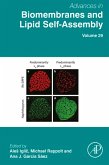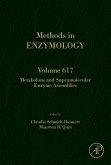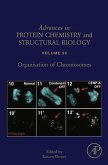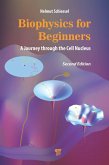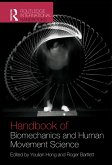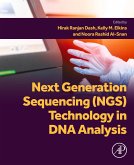The World of Nano-Biomechanics, Second Edition, focuses on the remarkable progress in the application of force spectroscopy to molecular and cellular biology that has occurred since the book's first edition in 2008. The initial excitement of seeing and touching a single molecule of protein/DNA is now culminating in the development of various ways to manipulate molecules and cells almost at our fingertips, enabling live cell operations.
Topics include the development of molecular biosensors, mechanical diagnosis, cellular-level wound healing, and a look into the advances that have been made in our understanding of the significance of mechanical rigidity/flexibility of protein/DNA structure for the manifestation of biological activities.
The book begins with a summary of the results of basic mechanics to help readers who are unfamiliar with engineering mechanics. Then, representative results obtained on biological macromolecules and structures, such as proteins, DNA, RNA, polysaccharides, lipid membranes, subcellular organelles, and live cells are discussed. New to this second edition are recent developments in three important applications, i.e., advanced AFM-data analysis, high-resolution mechanical biosensing, and the use of cell mechanics for medical diagnosis.
Topics include the development of molecular biosensors, mechanical diagnosis, cellular-level wound healing, and a look into the advances that have been made in our understanding of the significance of mechanical rigidity/flexibility of protein/DNA structure for the manifestation of biological activities.
The book begins with a summary of the results of basic mechanics to help readers who are unfamiliar with engineering mechanics. Then, representative results obtained on biological macromolecules and structures, such as proteins, DNA, RNA, polysaccharides, lipid membranes, subcellular organelles, and live cells are discussed. New to this second edition are recent developments in three important applications, i.e., advanced AFM-data analysis, high-resolution mechanical biosensing, and the use of cell mechanics for medical diagnosis.
- Explains the basic physical concepts and mathematics of elementary mechanics needed to understand and perform experimental work on small-scale biological samples
- Presents recent developments of force-based biosensing
- Includes novel applications of nano-biomechanics to the medical field
Dieser Download kann aus rechtlichen Gründen nur mit Rechnungsadresse in A, B, BG, CY, CZ, D, DK, EW, E, FIN, F, GR, HR, H, IRL, I, LT, L, LR, M, NL, PL, P, R, S, SLO, SK ausgeliefert werden.



